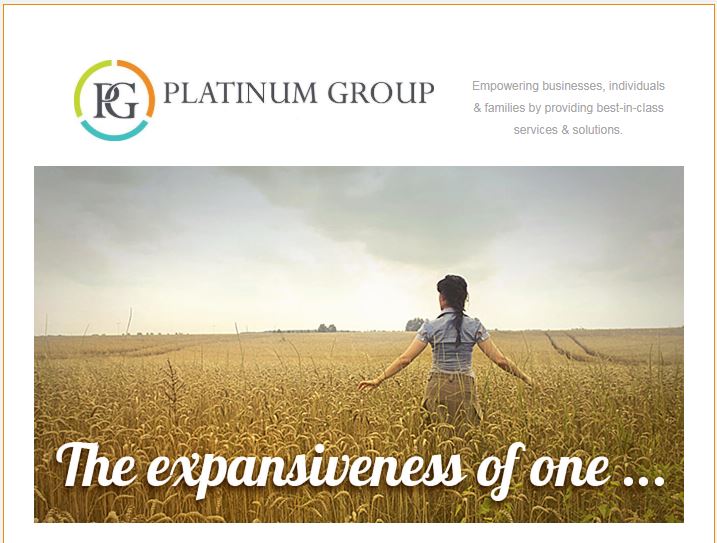The biggest problem in a stalled growth trajectory for a company has nothing to do with the failures it has along the way. Instead, it is entirely about not learning from those failures and growing from them. Many of the greatest companies that have ever existed only managed to get where they are now because of the failures that they went through at some point in their history. Emulating their success comes down to learning the lessons that those same companies have already taught us through their experiences. Let’s look at a few of the ways companies have overcome failures and turned them into massive successes.
An Environment Of Psychological Safety
The concept of psychological safety in the workplace only first appeared in 1999 when it was discovered by Amy Edmondson, a professor at Harvard Business School. She openly admits that she did not set out to discover this concept or even to bring a new field of study into fruition, but it is something that has changed the trajectory for those who study business concepts.
The most shocking and headline-grabbing discovery to come from Professor Edmondson’s work was in a hospital setting: the teams that made the fewest mistakes were not the teams that reported the most collective cohesion. Indeed, the teams of medical workers that made the most mistakes were also the teams that bonded with one another most closely. It seemed to fly in the face of common sense, and this only intrigued the professor to look into it even more.
Failure Is Not A Negative If Something Is Learned From It
How else does a person learn but to make some mistakes? Explained in this way, almost everyone would agree with the concept. The problem is that the word “failure” itself has been demonized. Society has deemed this word to be something that no one can bounce back from. Once deemed a “failure,” one cannot possibly recover, some people believe. The reality is just the opposite.
The blog at bonus.ly explains that people begin to have higher levels of engagement with their work and their co-workers when they are granted the opportunity to feel psychologically safe among those co-workers. They said the following:
Dr. Laura Delizonna, a Stanford academic who specializes in mindfulness and emotional intelligence, values psychological safety highly as a route to employee engagement. She says that by establishing a sense of safety in work teams, this results in higher levels of engagement, increased motivation to tackle difficult tasks, more learning and development opportunities, and better performance.
What business manager or leader wouldn’t want to establish all of those characteristics within their team? Psychological safety and engagement means that people are happy to take a chance and even make some mistakes. Employees who are not granted these freedoms often feel they can only duplicate the patterns and ideas that have been done in the past. The result: no progress is made whatsoever.
What Employees Value In Their Work
Employees that are engaged tend to have a few things in common. Primarily, they have discovered somewhere to work that provides them with a stimulating work environment that is too often lacking in the modern workplace.
Meaningful Work
Employees are most engaged when they feel that the work they do is directly meaningful to someone they serve. The tasks they do day-to-day need to bring real value both to their lives and the people who benefit from their work as well. Jobs that tend to score high in this category include teaching, medical professionals, and law enforcement. However, even office work can be made meaningful if managers get smart about how they design the work.
Approachable Supervision
Most jobs require that employees have some supervision. It helps ensure that those employees have someone to go to when they have questions or issues. It also means that employees will know that they are accountable to someone to stay on task and complete their tasks. Unfortunately, many companies push too hard on the second point and not the first. Engaged employees will almost always detail how they have a boss that they feel they can go to with their concerns and their ideas. This can be very nurturing for good ideas.
Quality Recognition
Plenty of employees will say that recognition is not all that important to them, but the revealed truth is quite the opposite. Employees tend to revel in the attention that they get for doing good work. It encourages them to do more of the same, and it has the impact of encouraging other employees to step up and do some of that quality work as well.
Competition Can Be Healthy, As Long As All Are Valued
Stoking competition in a business setting is a frequent tactic in businesses of all sizes. Pitting employees against one another is so common that it is even a frequent theme in many Hollywood business movies. Those are the movies though, and they do not accurately emulate what people should do in real life. The truth is that competition among employees is a helpful tactic, but only when done wisely.
Vbjusa.com explains the value of collaborating employees like this:
By creating a work environment that holds high performance standards and high psychological safety, employees are challenged appropriately while also being encouraged to collaborate, learn from each other, and get complex work completed through candor and openness. While psychological safety helps spur this learning and engagement process, it is held into place with standard seeing which is orchestrated through ongoing inspiration and coaching.”
All of this plays perfectly into the hands of friendly competitions. People like to see how they stake up against others, but it is also a good idea to perhaps put people on teams in order to push the collaboration to new levels. Adding rewards beyond just bragging rights is probably a good idea as well. People love to have something tangible to aim at when they go into combat in a competition. It can be a small token prize or something of large significance. The important thing is that there is a reward tied into the collaborative competition.
Failure is not the word you always thought it was. Harnessed properly, it can become your most powerful tool to grow a business and outstrip the competition. Do not allow yourself to remain entrenched in old ways of thinking. Unleash the power of failing forward.
About Platinum Group
Platinum Group is a human capital management resource with solutions to help you streamline operations so you’ll have time to manage your business. No matter which division you work with: Payroll/HR or Accounting, our team is built upon a foundation of support, service, camaraderie and collaboration that we share both in-house and with our wonderful clients. For more information about Platinum Group, or to schedule a demo of iSolved, please visit our website.























